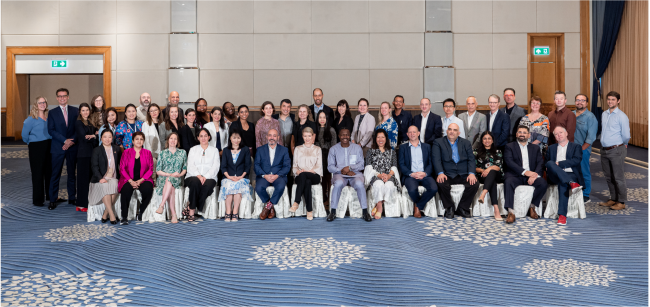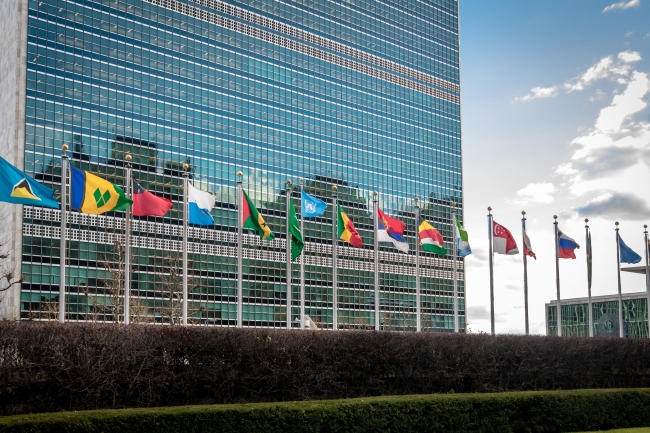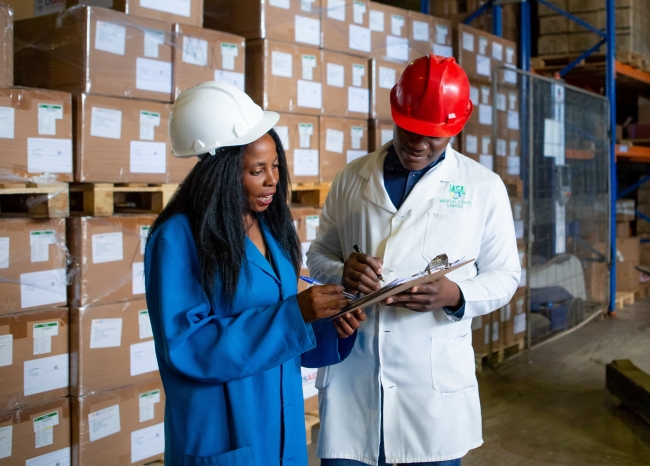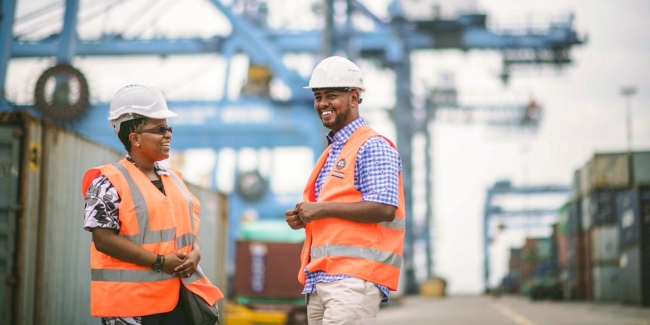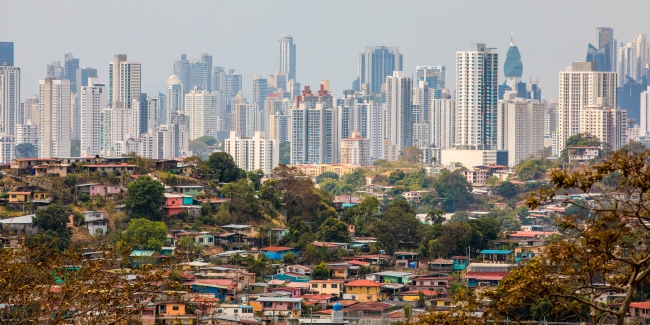COP30: Finance at the Heart of Climate Action
23 NOVEMBER, 2025
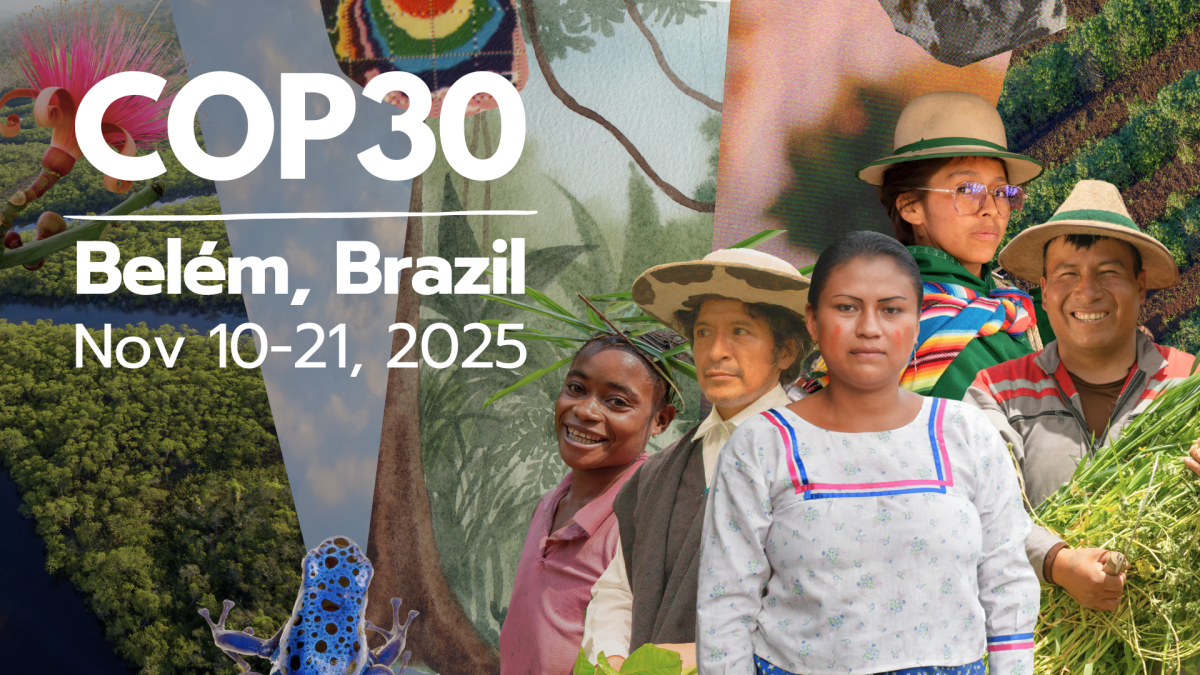
As the dust settles on COP30 in Belém, one thing is clear: this was a landmark moment for global climate action. The Climate Summit drew more than 50,000 delegates from 193 countries – plus over 5,000 virtual participants, making it the second-largest COP in history, behind only COP28 in Dubai. This turnout defied expectations, signaling strong global commitment to climate action despite political headwinds.
The scale of participation signals that despite political and economic uncertainty, momentum for climate action is not slowing down. In fact, engagement in climate talks is increasing. During my time in Belém, I sensed a growing consensus that climate ambition is inseparable from development and growth.
New momentum has been driven in part by data: the OECD–UNDP study Investing in Climate for Growth and Development shows how well-designed climate policies can deliver stronger economic growth than business-as-usual pathways. Under a scenario in which countries deliver ambitious Nationally Determined Contributions (NDCs) aligned with the Paris Agreement, global GDP in 2040 would be 0.2 percent higher than under the current policies scenario – equivalent to adding an economy the size of Sweden’s to Global GDP.
This groundbreaking data is helping to focus the conversation on investing in climate as an opportunity for financial returns; not just a conversation about costs.
The Baku-to-Belém Roadmap: A Framework for Finance
Given these data and the growing market for climate investments, it is perhaps no surprise that climate finance was a prevalent topic at COP30. To date, 115 countries have come forward with new or updated NDCs. But the question is, how do we finance this transformation? The Baku-to-Belém Roadmap provided a clear framework for these discussions, with its emphasis on the unprecedented investment flows required to deliver on enhanced NDC commitments.
Private-Sector Engagement and Standards
One of the most encouraging trends at COP30 was the strong presence of the private sector. From institutional investors and insurance providers to multinational corporations, the message was clear: climate-aligned investment is not just good for the planet – it’s good for business.
On the sidelines of COP30, Brazil’s Government launched the innovative Tropical Forests Forever Facility, which aims to mobilize philanthropic, public and private capital for investment in diversified portfolio. The Facility’s resources will be invested in a diversified portfolio of fixed income assets, and the revenues generated will be awarded to Tropical Forest Countries for every hectare of conserved or restored forest. Financial commitments announced at COP30 surpassed US$5 billion – 20 percent them earmarked for Indigenous Peoples and local communities, ensuring direct benefits for forest stewards.
Since scaling private finance requires trust and transparency, discussions around ISO standards, including the ISO/UNDP guidelines for the SDGs (ISO/UNDP PAS 53002), were critical. These standards can help ensure consistency in how NDCs are implemented and reported, giving investors confidence that their capital is driving impact.
Adaptation Finance and the Resilience Agenda
While mitigation often dominates headlines, adaptation finance played an important role in finance discussions in Belém. Adaptation finance is no longer seen as just a public investment priority, but an opportunity for private investment in critical areas like supply chains, food systems and infrastructure.
The insurance industry is rightly featuring more in discussions of what constitutes a sustainable financial architecture, and insurance instruments are being brought in to de-risk investments. A prime example is the Inclusive Insurance Innovation Programme: launched by UNDP, BMZ, Generali Group and the International Cooperative and Mutual Insurance Federation Foundation, it is projected to benefit 2.7 million people across 30 countries with innovative locally driven insurance solutions.
Country Platforms: Driving Action at Scale
By integrating policy reform, technical assistance, and market engagement, Country Platforms turn climate commitments into investable propositions. A major milestone for connecting global commitments with local action, COP30 saw the launch of the Country Platform Hub, which includes UNDP. The Hub links countries with technical assistance, knowledge and finance – providing a global support systems that can respond to countries’ financing needs.
Looking Ahead: From Belém to Antalya
COP30 was not the finish line – it was the starting point. There is a long road ahead to fulfilling Paris Agreement commitments, and many fiscal and political challenges leading up to COP31 in Antalya, Türkiye. But conversations in Belém reaffirmed that financing is the keystone of meaningful climate action.
As we look to 2026, we at UNDP’s Sustainable Finance Hub will focus on:
- Scaling Country Platforms with our partners to ensure every nation has a credible financing strategy for its NDCs and brings in financial institutions to invest;
Investment pipeline development and ensuring the credibility of the private sector through standards; and
- Expanding insurance coverage and developing innovative instruments to bring financing to the poorest communities.
The appetite for action is strong. Now, it’s time to deliver. In the year ahead, the task for multilateral actors is to bring diverse stakeholders together around the shared understanding that climate action is also about economic growth. We at UNDP commit to supporting our partners in turning commitments into credible, investable pathways.

